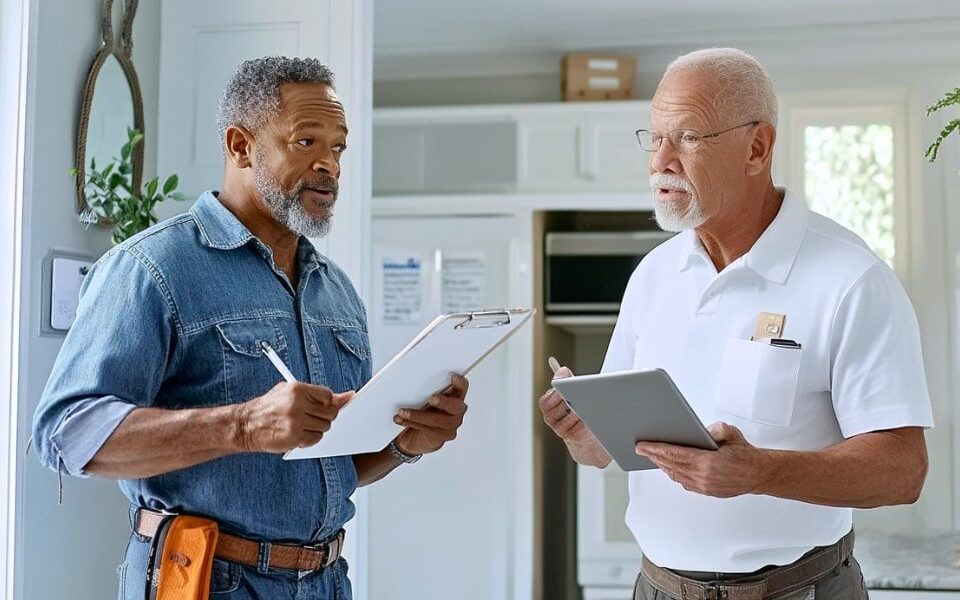
Renting a property in South Carolina comes with responsibilities. Managing a long-term lease or hosting vacationers means you must follow South Carolina rental regulations. Staying compliant with these regulations will protect your investment and avoid issues.
Understanding South Carolina Rental Regulations
The South Carolina Residential Landlord and Tenant Act (SCRLTA) governs South Carolina rental properties. These laws outline landlords’ and tenants’ rights and responsibilities. They ensure fair treatment and minimize everyone’s financial and legal risks.
Lease Agreements: What Every Landlord Must Include
A written lease agreement is required to set clear expectations with your tenants. Your lease should cover these essential details:
- Rent amount and payment terms
- Security deposit policies
- Lease duration
- Maintenance responsibilities
Additionally, federal law requires owners of properties built before 1978 to disclose any known lead-based paint hazards.
A well-drafted lease reduces the risk of misunderstandings and disputes between you and your tenants.
Security Deposits: Rules and Deadlines
There is no cap on the amount landlords may charge for security deposits in South Carolina, but there are strict rules for returning it.
- Return the deposit within 30 days of the tenant moving out.
- Provide an itemized list of deductions if you keep any portion for damages or unpaid rent.
Failing to follow these steps could result in legal penalties, including paying the tenant up to three times the withheld amount plus legal fees. Keeping detailed records of your property’s condition before and after a tenancy can help prevent disputes.
Tenant Rights and Landlord Responsibilities
As a landlord, complying with Fair Housing laws is mandatory. These laws prohibit discrimination based on the following:
- Race, color, religion
- Sex, national origin
- Familial status, disability
Additionally, you are responsible for providing a habitable living space. Plumbing, electricity, and heating must function properly, and the space must meet all safety codes.
Tenants must pay rent on time and maintain cleanliness. If a tenant violates lease terms, follow the legal eviction process. Never change locks or shut utilities without a court order.
Property Access: When Can a Landlord Enter?
Landlords in South Carolina may enter a rental property for maintenance, inspections, or emergencies. State law doesn’t specify a required notice period, but providing at least 24 hours notice for routine visits is a standard. However, landlords may enter without tenant consent in emergencies, like sudden plumbing failures, electrical hazards, etc., to prevent damage or ensure occupant safety. Balancing these rights with tenant privacy maintains a positive rental experience.
Local Ordinances and HOA Rules
Local regulations or Homeowners Association (HOA) rules may impose additional rental restrictions. Some HOAs limit short-term rentals or require approval before leasing out a property. Check city or neighborhood guidelines for compliance.
Resources to Stay Compliant
Staying informed about rental regulations protects you and your tenants. To ensure compliance:
- Review the complete South Carolina Residential Landlord and Tenant Act.
- Consult a real estate attorney if you have legal concerns.
- Stay updated on local ordinances that may affect your rental property.
Staying Compliant and Protecting Your Investment
Owning a rental property in South Carolina can be rewarding, but success requires understanding and following the law. Staying informed and proactive protects your investment and ensures a profitable rental experience.
Need Expert Property Management?
Navigating these regulations takes time and attention to detail. If you want a hassle-free way to manage your rental while ensuring full compliance, Southern Dreams Rentals can help. Our expert property management services handle leasing, legal compliance, tenant screening, and maintenance—so you can focus on growing your investment.
Call us today at (803) 920-2321 or explore our services online to learn how we can help you manage your property confidently.

